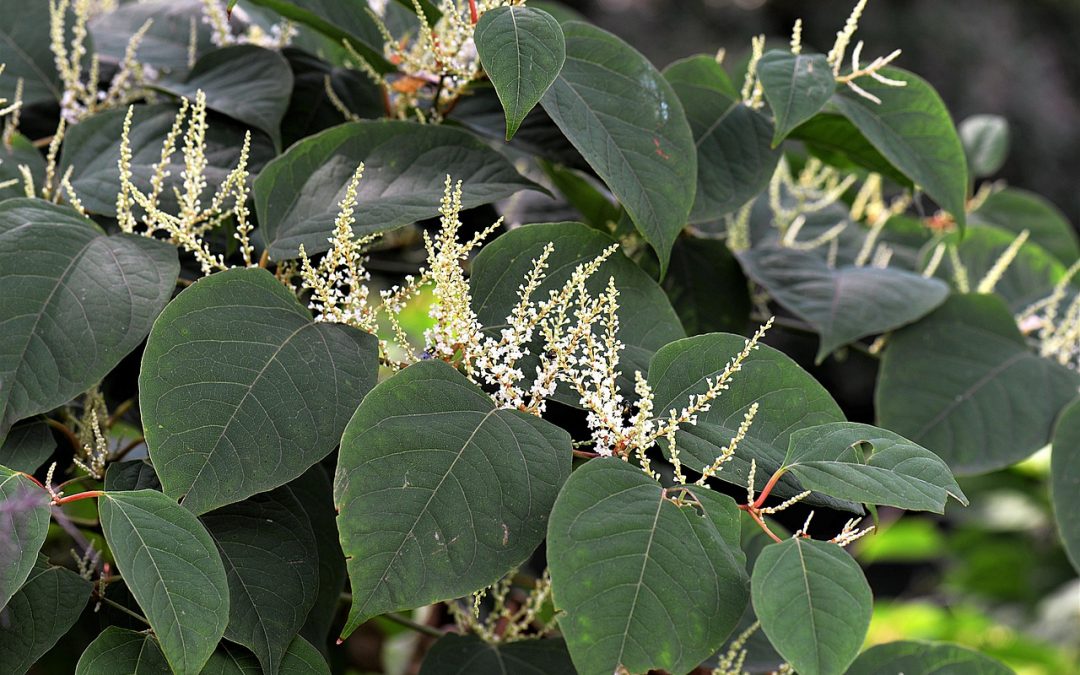Can Japanese Knotweed grow from seed?
Japanese Knotweed, also known as Fallopia japonica, is an invasive plant that can cause damage to buildings and roads. But can it grow from seed? Read on to find out.
Japanese Knotweed, or Fallopia japonica, is a fast-growing, herbaceous perennial plant native to East Asia. It was introduced to Europe and parts of North America in the 19th century as an ornamental plant, but it has since become an invasive species, causing damage to buildings, roads, and other structures. One question that often arises is whether Japanese Knotweed can grow from seed. In this article, we will explore this question in detail and provide all the information you need.
Can Japanese Knotweed, Fallopia japonica, grow from seed?
The short answer is yes, Japanese Knotweed can grow from seed. However, it is not the primary way that the plant spreads. Japanese Knotweed is known for its extensive root system, which can grow up to three meters deep and seven meters wide. These roots can produce new shoots, even if the main stem has been cut down. This makes it difficult to control and eradicate Japanese Knotweed.
While Japanese Knotweed can grow from seed, it is not a standard propagation method. Less than 1% of Japanese Knotweed plants are estimated to be produced from seed. This is because Japanese Knotweed seeds are not viable and require specific germination conditions.
Japanese knotweed seeds do not germinate because the plant does not produce viable seeds in the UK. This means that the seeds cannot develop into new plants.
Instead of seeds, Japanese knotweed is spread through its rhizomes (underground stems) and stem fragments. If these are not properly disposed of, they can grow into new plants, which is why Japanese knotweed is so difficult to control and eradicate.
While Japanese knotweed does produce seeds in other parts of the world, such as its native range in East Asia, the seeds cannot develop in the UK due to the climate and lack of suitable conditions. As a result, the spread of Japanese knotweed in the UK is primarily due to its ability to regenerate from tiny fragments of its stem or rhizome.
Japanese knotweed plants in the UK do not produce viable seeds
Because they are usually female plants that do not produce seeds. For Japanese knotweed to produce viable seeds, male and female plants are required, and male plants are rare in the UK.
Even when male plants are present, Japanese knotweed seeds are unlikely to be viable because they are usually sterile or produce very few seeds. This is thought to be due to a genetic bottleneck that occurred during the plant’s introduction to the UK, which resulted in a loss of genetic diversity and reduced seed production.
Additionally, Japanese knotweed plants in the UK are thought to have evolved to reproduce mainly through vegetative means, such as rhizome and stem fragment growth, which has allowed them to spread rapidly and outcompete native plant species. Therefore, the plant does not need viable seed production to establish and spread in the UK.
They are preventing the growth and spread of rhizomes and stem fragments.
Overall, the lack of viable seed production is a critical factor in the management of Japanese knotweed, as it means that controlling the spread of the plant primarily involves preventing the growth and spread of rhizomes and stem fragments.
- Japanese Knotweed is an invasive plant that can cause damage to buildings, roads, and other structures.
- While Japanese Knotweed can grow from seed, it is not a standard propagation method.
- Japanese Knotweed seeds are not viable and require specific germination conditions.
- Japanese Knotweed is known for its extensive root system, which can produce new shoots, even if the main stem has been cut down.
- Japanese Knotweed can be controlled and eradicated using chemical and mechanical methods.
FAQs:
Q: How long does it take for Japanese Knotweed to grow from seed?
A: Japanese Knotweed seeds can germinate for up to two years and grow into mature plants.
Q: Can Japanese Knotweed seeds be spread by birds or animals?
A: Yes, Japanese Knotweed seeds can be spread by birds, animals, and even human activities such as mowing or cutting.
Q: Is Japanese Knotweed illegal to grow?
A: Japanese Knotweed is not illegal to grow, but it is prohibited to allow it to spread to neighbouring properties.
Japanese Knotweed can grow from seed, but this is extremely rare; Japanese knotweed is primarily spread through the deliberate or accidental movement of rhizomes or shoots from one location to another. This can happen when the plants are being removed and not disposed of properly or when the rhizomes are transported in soil or other materials, such as fill dirt or compost.
